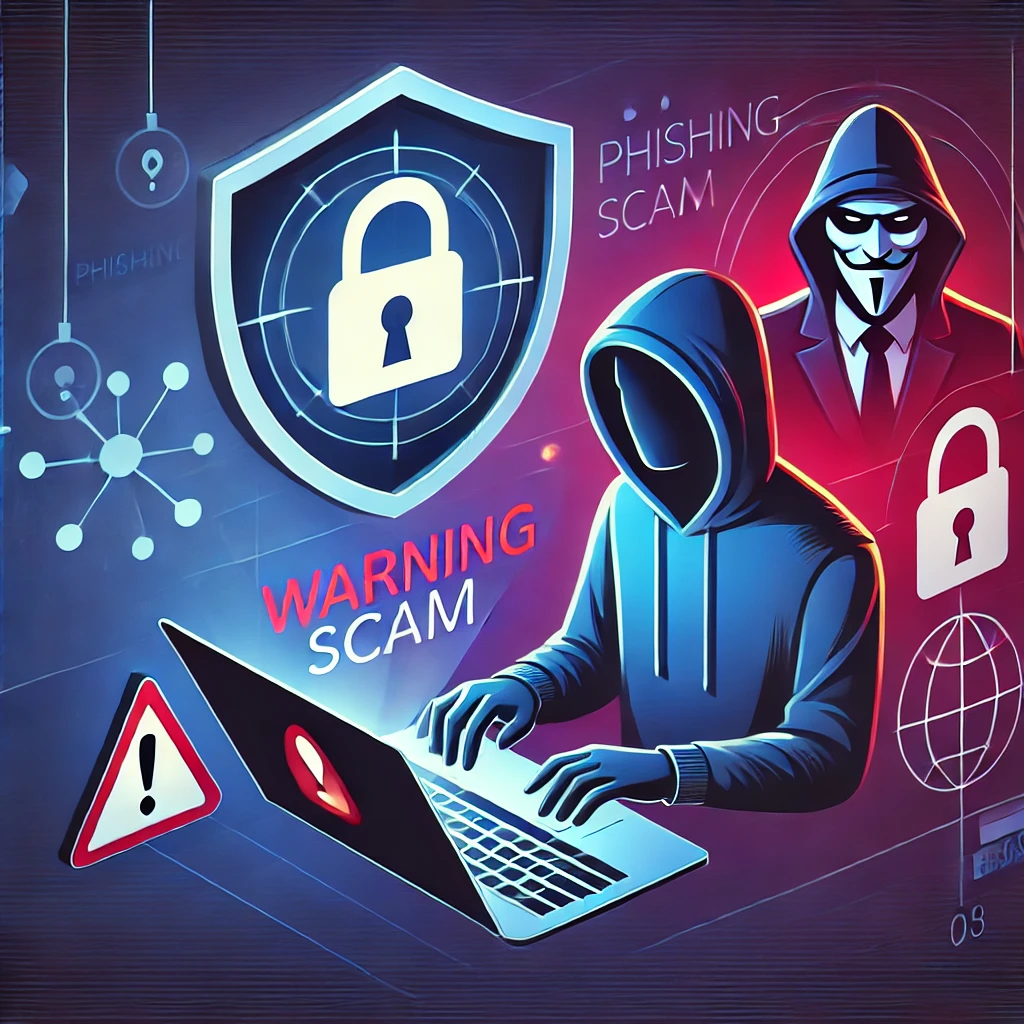
How to Avoid Phishing Scams & Data Breaches Online
Your ultimate guide to protecting personal data and staying safe in the digital world.
Introduction: Why Online Security Matters
In today's fast-paced digital era, cybercriminals are always on the hunt. They use sneaky tactics like phishing scams and data breaches to steal your personal data. But don’t worry—this guide will walk you through the best ways to protect personal data online and keep those hackers at bay!
What Are Phishing Scams?
Phishing is a cyber-attack where scammers pretend to be trusted entities (like banks or social media platforms) to steal your personal information. They usually do this through emails, messages, or fake websites.
Ways to Protect Personal Data Online
Keeping your personal data safe requires awareness and smart online habits. Let’s dive into some effective ways to keep your data secure.
1. Use Strong, Unique Passwords
Forget "123456" or "password"! Use complex passwords with a mix of uppercase, lowercase, numbers, and special characters.
2. Enable Two-Factor Authentication (2FA)
Adding an extra layer of security with 2FA can make it much harder for hackers to gain access to your accounts.
3. Beware of Suspicious Emails
If an email sounds too good to be true, it probably is! Always verify the sender and never click on shady links.
4. Keep Your Software and Apps Updated
Regular updates fix security vulnerabilities. Hackers love outdated systems, so don’t give them an easy target.
5. Use a VPN for Secure Browsing
A VPN (Virtual Private Network) encrypts your online activities, making it harder for cybercriminals to intercept your data. Check out our Beginner’s guide to using VPNs.
Tips to Secure Your Smartphone
Since we use smartphones for almost everything, keeping them secure is crucial.
1. Lock Your Phone
Use strong passwords, fingerprint sensors, or facial recognition to prevent unauthorized access.
2. Download Free Apps for Productivity from Trusted Sources
Avoid third-party app stores! Stick to Google Play or the Apple App Store for safe downloads.
3. How to Optimize Your Laptop Battery Life
Turn off unnecessary background apps and reduce screen brightness to extend battery life.
AI Tools to Boost Productivity and Security
AI isn’t just for chatbots—it can help with security, too!
1. AI-Based Antivirus Software
Advanced antivirus software uses AI to detect and prevent new threats in real time.
2. AI-Powered Password Managers
These tools generate and store strong passwords securely, making life easier and safer.
Best Chrome Extensions for Students & Security
Enhance your online security while improving productivity.
1. Password Managers
Store and auto-fill complex passwords securely.
2. Ad Blockers
Prevent malicious ads that may contain malware.
3. Screen Time Trackers
Use Tools to track your screen time and manage your digital habits effectively.
How to Choose a Laptop for Gaming and Security
If you're a gamer, security should be just as important as performance.
1. SSD vs. HDD: Which is Better for You?
SSDs are faster and more secure, while HDDs offer more storage at a lower price.
2. Invest in a Good Antivirus
Gamers often download mods and patches—make sure you have solid protection!
Photography Tips with a Smartphone
Did you know you can improve smartphone security while enhancing your photography skills?
1. Avoid Giving Apps Excessive Permissions
Some apps ask for unnecessary permissions. Only allow access to what’s needed.
2. Disable Location Tagging
Turning off geotags prevents strangers from tracking where you take your photos.
Comparison of Noise-Canceling Headphones & Security
Believe it or not, the right headphones can also enhance security.
1. Prevent Eavesdropping
Noise-canceling headphones block distractions, ensuring no one overhears sensitive conversations.
2. Secure Bluetooth Connections
Always use encrypted Bluetooth connections to prevent hacking attempts.
Final Thoughts
Online security is no joke! From phishing scams to data breaches, the internet is full of threats. But with the right tools and habits, you can protect yourself. Stay alert, use AI tools to boost productivity and security, and never take online safety lightly.
FAQs
1. How do I know if an email is a phishing scam?
Look for red flags like urgent language, unknown senders, and suspicious links.
2. Can a VPN stop phishing attacks?
No, but it adds security by encrypting your data and masking your IP address.
3. What’s the best budget smartphone of 2025 for security?
Look for models with built-in security features like biometric authentication and AI-driven security updates.
4. How to speed up your Windows 11 PC while improving security?
Uninstall bloatware, enable firewall protection, and use antivirus software.
5. What’s the top free video editing software in 2025 that’s safe to use?
Stick to reputable software like DaVinci Resolve or HitFilm Express, and always download from official websites.